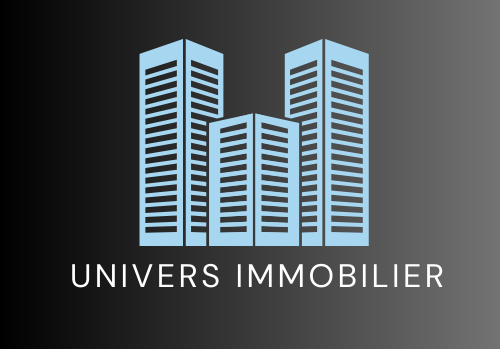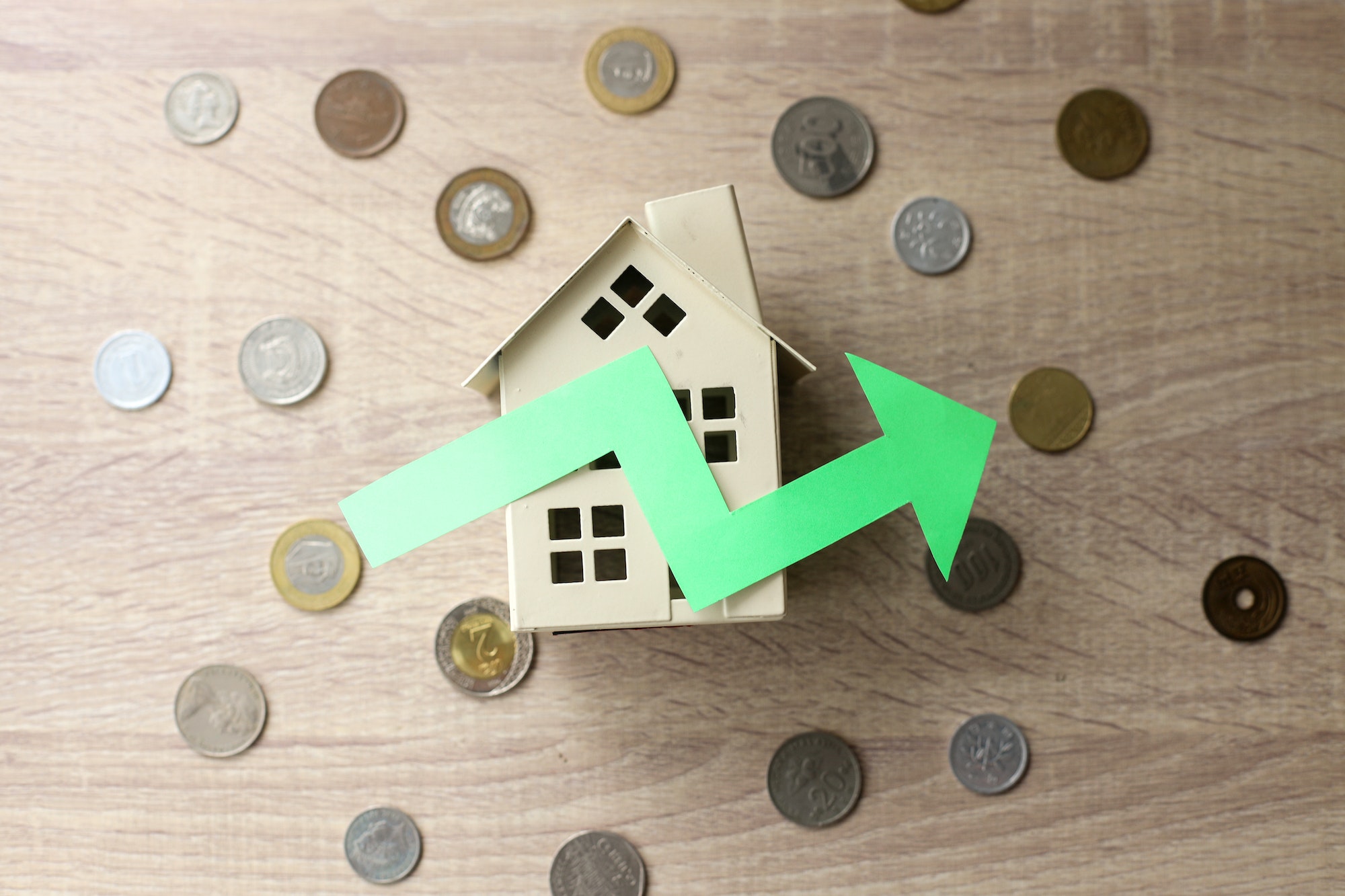In today’s competitive real estate market, property owners are constantly searching for ways to increase revenue and maximize profits from their rental properties. One effective strategy to achieve this is by making the most of the available rental space. By optimizing the use of space, property owners can not only attract more tenants but also generate higher rental income. In this article, we will discuss various tactics to help you fully utilize your rental property’s space, be it commercial or residential, short-term or long-term. We will cover four main areas: optimizing storage space, diversifying property use, utilizing technology, and effective property management. Let’s dive in!
- 1 Optimize Storage Space
- 2 Diversify Property Use
- 3 Utilize Technology
- 4 Effective Property Management
-
5
FAQ
- 5.1 1. How can I maximize the use of rental space for higher profits?
- 5.2 2. Are there any strategies for pricing my rental space?
- 5.3 3. What types of amenities should I include in my rental space?
- 5.4 4. What are some tips for keeping my rental space organized?
- 5.5 5. What kind of insurance do I need for my rental property?
Optimize Storage Space
One of the biggest challenges tenants face in both residential and commercial properties is a lack of storage space. By providing innovative and practical storage solutions, you can significantly increase the appeal of your rental property, attracting more tenants and potentially commanding higher rents.
To start, assess the current storage facilities in your property. Are there any unused or underutilized areas that can be transformed into additional storage? For example, adding shelves in a garage or creating built-in wardrobes in bedrooms can increase storage capacity and make the space more functional.
Another way to optimize storage is by offering external storage facilities. For instance, if your property has a yard or garden, consider building a shed or installing a storage container. This will not only provide extra space for tenants to store their belongings but can also increase your property’s overall value.
Finally, think about how you can improve the layout of the property to create more functional living or working spaces. This may involve rearranging furniture, removing non-essential or bulky items, and ensuring that every square inch of the property is being put to good use.
Diversify Property Use
Diversifying the use of your rental property can help attract a wider range of tenants, increasing occupancy rates and generating more rental income. This can be achieved by offering multiple rental options, such as short-term vacation rentals, long-term residential leases, and commercial rentals.
For example, if you own a residential property in a popular vacation destination, consider converting it into a vacation rental during peak seasons when demand for short-term accommodation is high. This can help you capitalize on the lucrative vacation rental market and generate higher rental income during these periods.
Alternatively, if you own a commercial property, consider leasing out individual spaces to multiple tenants, rather than renting the entire property to a single tenant. This can help reduce vacancy rates and create a steady flow of rental income. Moreover, diversifying your tenant base can also spread risk and provide a more stable revenue stream.
To successfully diversify your property use, you may need to make some adjustments to the property, such as adding partitions, improving security measures, or installing additional facilities to cater to the different needs of each tenant.
Utilize Technology
Technology has revolutionized the way we manage rental properties, and leveraging it can significantly improve the efficiency and profitability of your real estate business. Here are a few ways technology can help you maximize the use of your rental space:
- Online marketing: Use online platforms like Airbnb, Vrbo, and Booking.com to promote your vacation rental properties, reaching a wider pool of potential guests and increasing your rental income. For long-term rentals, utilize websites like Craigslist, Zillow, and href MySmartMove to find qualified tenants and streamline the screening process.
- Remote property management: Invest in smart home technology, such as smart locks, security cameras, and thermostats, to remotely manage your property and monitor its condition. This will not only save you time and resources but also help you maintain a well-maintained and secure property that is more attractive to tenants.
- Space optimization tools: Use virtual staging software to showcase different room layouts and space utilization options for potential tenants, making it easier for them to envision how they can maximize the use of the rental space.
Effective Property Management
Effective property management is crucial to maximizing the use of your rental space and ensuring its long-term profitability. A professional property manager can help you handle day-to-day tasks, such as tenant screening, rent collection, property maintenance, and dealing with legal issues, freeing you up to focus on other aspects of your real estate business.
Moreover, a property manager can also advise you on ways to improve the property’s appeal and functionality, helping you make informed decisions about upgrades, renovations, and space optimization. In addition, their experience in managing rental properties will enable them to effectively market your property, finding suitable tenants faster and minimizing vacancy rates.
In conclusion, maximizing the use of rental space is essential for property owners looking to increase revenue and grow their real estate business. By optimizing storage space, diversifying property use, utilizing technology, and employing effective property management, you can attract more tenants, generate higher rental income, and ultimately maximize your rental property’s profits. Remember, a well-utilized and efficiently managed rental property will not only benefit you but also provide a comfortable and functional space for your tenants, ensuring their satisfaction and long-term tenancy.
FAQ
1. How can I maximize the use of rental space for higher profits?
One way to maximize rental space for higher profits is to have a clear plan for how you’re going to use the space. Consider what kind of activities or services you’ll offer, how much space is needed for each activity, and how much traffic you expect in the space. Additionally, look into ways to increase the efficiency of your space such as using furniture that can be moved around or adding extra storage space.
2. Are there any strategies for pricing my rental space?
Yes, there are several strategies for pricing your rental space. Research the prices of similar properties in your area to get an idea of what the market will bear. Additionally, consider offering discounts or incentives to attract customers and create loyalty. Finally, look into setting up tiered pricing based on the length of time a customer rents the space.
3. What types of amenities should I include in my rental space?
Amenities can range from basic items such as tables and chairs to more luxurious items like fireplaces or hot tubs. Consider what type of activities customers will be doing in your space and what types of amenities they may need. Additionally, look into ways to make your space more attractive by adding items such as plants or artwork that can enhance the aesthetic appeal.
4. What are some tips for keeping my rental space organized?
Organizing your rental space is key for maximizing its use and increasing profits. Invest in good quality shelving and storage units so that items can be easily stored away when not in use. Utilize wall-mounted racks and hooks to keep items off the floor and out of the way of customers. Finally, create a designated area for each activity or service that takes place in the rental space.
5. What kind of insurance do I need for my rental property?
You should speak with an insurance provider about specific coverage requirements for your rental property. Generally speaking, you should have liability insurance to protect yourself from any claims made against you related to injuries on the property or damages caused by tenants. You may also want to consider additional coverage such as business interruption insurance or coverage specifically designed for landlords. </p






